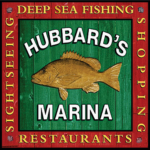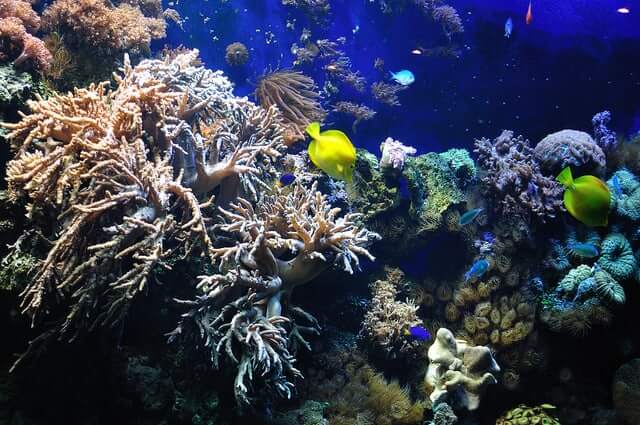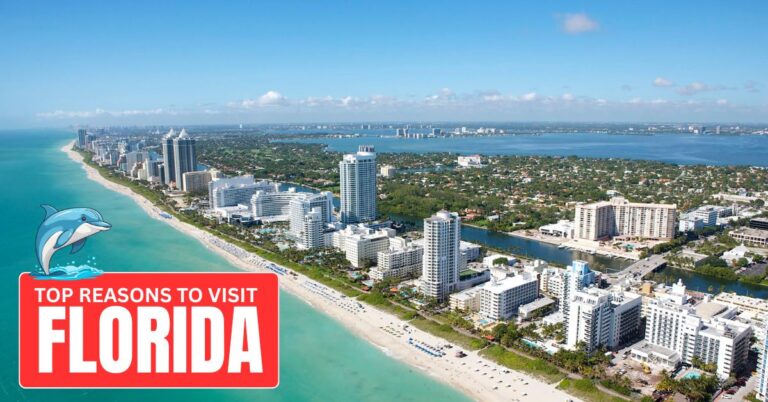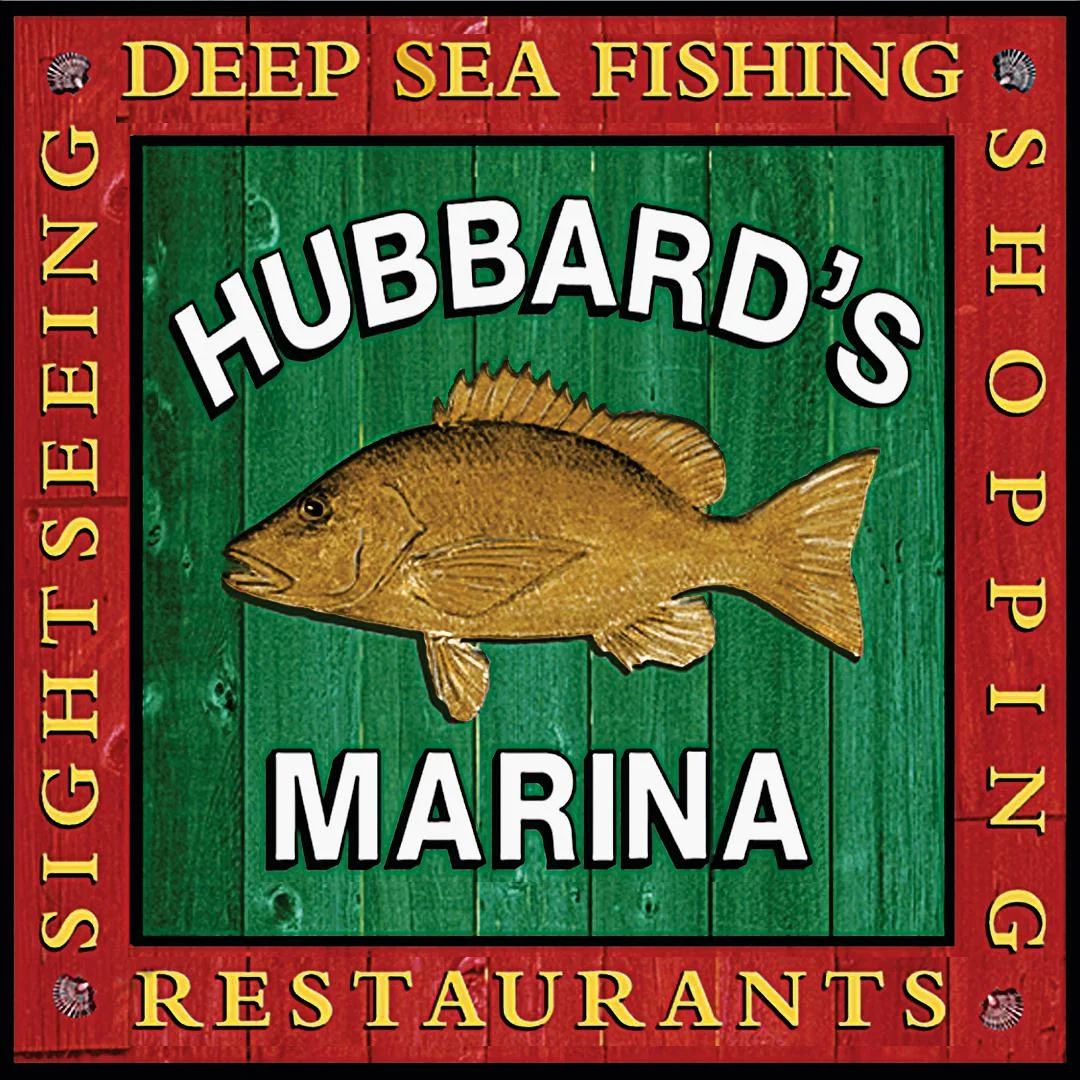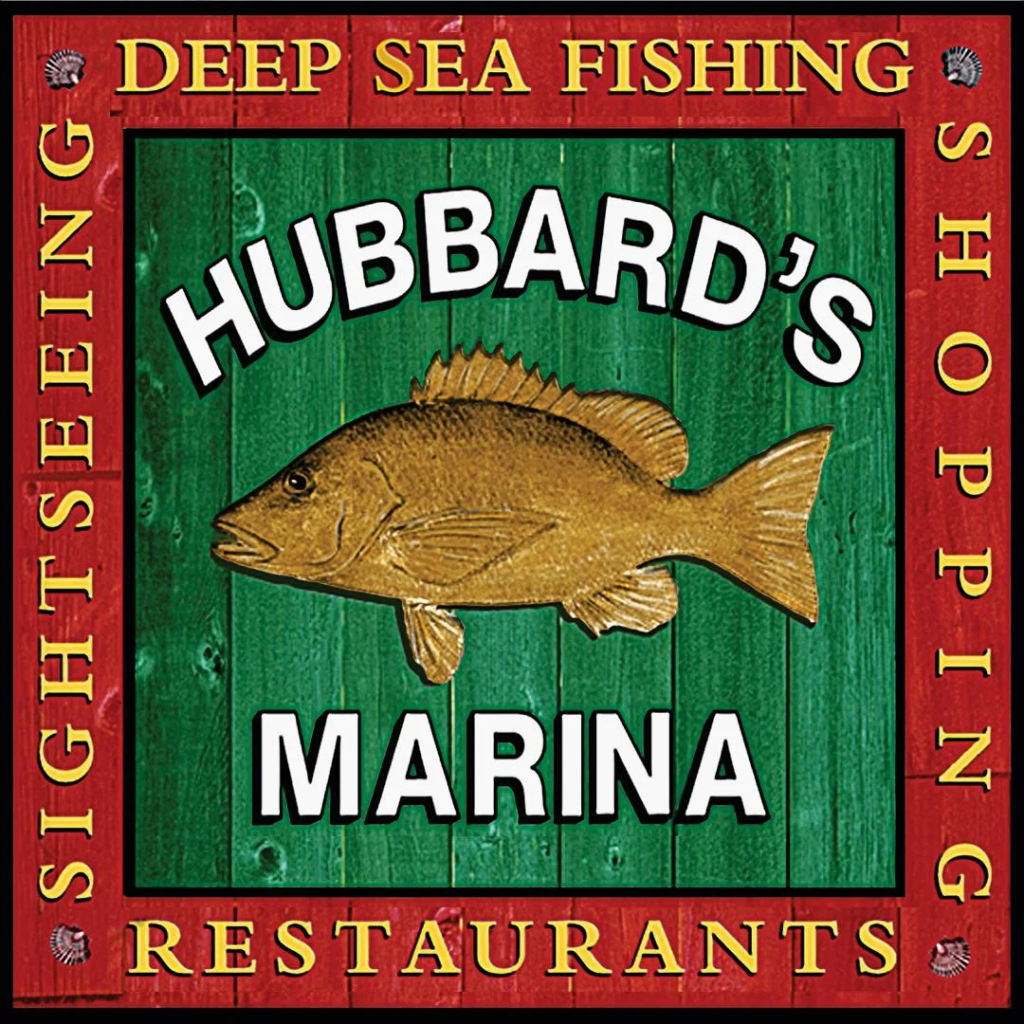Coral reefs are spectacular, delicate ecological gems that are important economic resources and natural protective barriers for many coastal regions. Often called “rainforests of the sea” for their rich biodiversity and diverse ecosystems, the coral reefs are live organisms themselves and the home of hundreds of fish species, plants, and other sea creatures.
Threats of Global Warming & Climate Change
While beautiful and delicate, coral reefs are also quite fragile and face potential threats from global warmingand climate change. Here are some interesting facts…
- A sea temperature change of a mere one degrees Celsius could wipe out a large portion of the world’s coral reefs.
- Increasing levels of carbon dioxide in the water can cause additional damage to corals, leaving them defenseless against storm damage and erosion.
- Higher sea temperatures cause bleaching (when corals respond to the stress of warmer temperatures by expelling the coloring algae that live within them). This occurrence often kills the coral and its entire ecosystem.
- Warmer water can cause coral diseases such as black band disease, white band disease, white plague, and white pox – all of which can lead to mass mortality of coral and its ecosystems.
- Ocean acidification (occurs when oceans absorb carbon dioxide from the atmosphere) is a threat to coral and causes growth to slow.
- Higher sea levels caused by melting sea ice and thermal expansion of the oceans could also cause problems for some reefs by making them too deep to receive adequate sunlight, another important factor for survival.
How the Loss of Coral Reefs Affects Marine Life, Including Dolphins
Although dolphins do not usually interact directly with coral reefs, their health is largely related to these precious reefs for a few reasons. Coral reefs are a source of primary production – the base of the seas’ food web. Reef habitats are also critical to cycling nutrition and keeping the water quality high. Should the water quality decrease, it could have a harmful effect on many species of marine life from small fish to big whales, and yes, even dolphins.
Reef habitats are also important nursery grounds where many species, including dolphins, use the reefs as protected areas to give birth and raise their young. Without these safe areas, the populations of many fish species could rapidly decline.
What You Can Do
There are several ways to help keep the threat of global warming and climate change to a minimum and protect our coral reefs. Here’s how…
- Never anchor on a reef.
- Volunteer with organizations working to clean up local waterways. The health of all waterways, including rivers, lakes, and bays, ultimately affects the ocean.
- Slow global warming by conserving energy, i.e. use energy-efficient lighting and appliances.
For information on our Dolphin Quest sightseeing boat tours, please call us at 727-392-7090.
